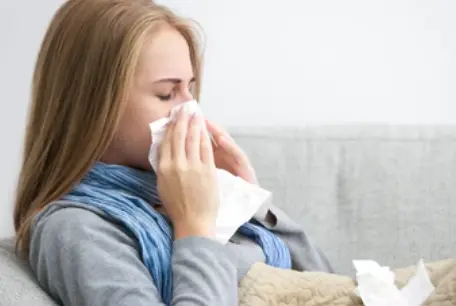 Welcome
Welcome
“May all be happy, may all be healed, may all be at peace and may no one ever suffer."
Arteriovenous occlusions - Generics
Arteriovenous occlusions refer to the blockage of blood flow in the veins or arteries due to a clot or other obstruction. This can result in restricted blood flow and damage to the surrounding tissues and organs.
The most common causes of arteriovenous occlusions are blood clots, which can form due to a variety of factors, including injury, surgery, cancer, pregnancy, and certain medical conditions such as deep vein thrombosis (DVT) or atrial fibrillation.
Symptoms of arteriovenous occlusions can vary depending on the location and severity of the blockage. Some common symptoms may include pain, swelling, discoloration, and warmth or coolness in the affected area. If the blockage occurs in a major artery or vein, it can lead to serious complications, such as tissue death or organ damage.
Treatment for arteriovenous occlusions may involve medications to dissolve the clot or prevent future clots from forming, such as anticoagulants or antiplatelet drugs. In some cases, medical procedures such as angioplasty or stenting may be necessary to restore blood flow. Surgery may be required in severe cases.
If you suspect that you or someone you know may have an arteriovenous occlusion, it is important to seek immediate medical attention to receive a proper diagnosis and appropriate treatment. Early detection and treatment can help prevent serious complications and improve outcomes.

Reducing skin damage from...

Herpes simplex

Toxocariasis

Flu

Essential tremor

Malignant pleural mesothe...

Inflammatory conditions o...

Cognitive enhancer
Arteriovenous occlusions, আর্টেরিওভেনাস অক্লুশন
To be happy, beautiful, healthy, wealthy, hale and long-lived stay with DM3S.